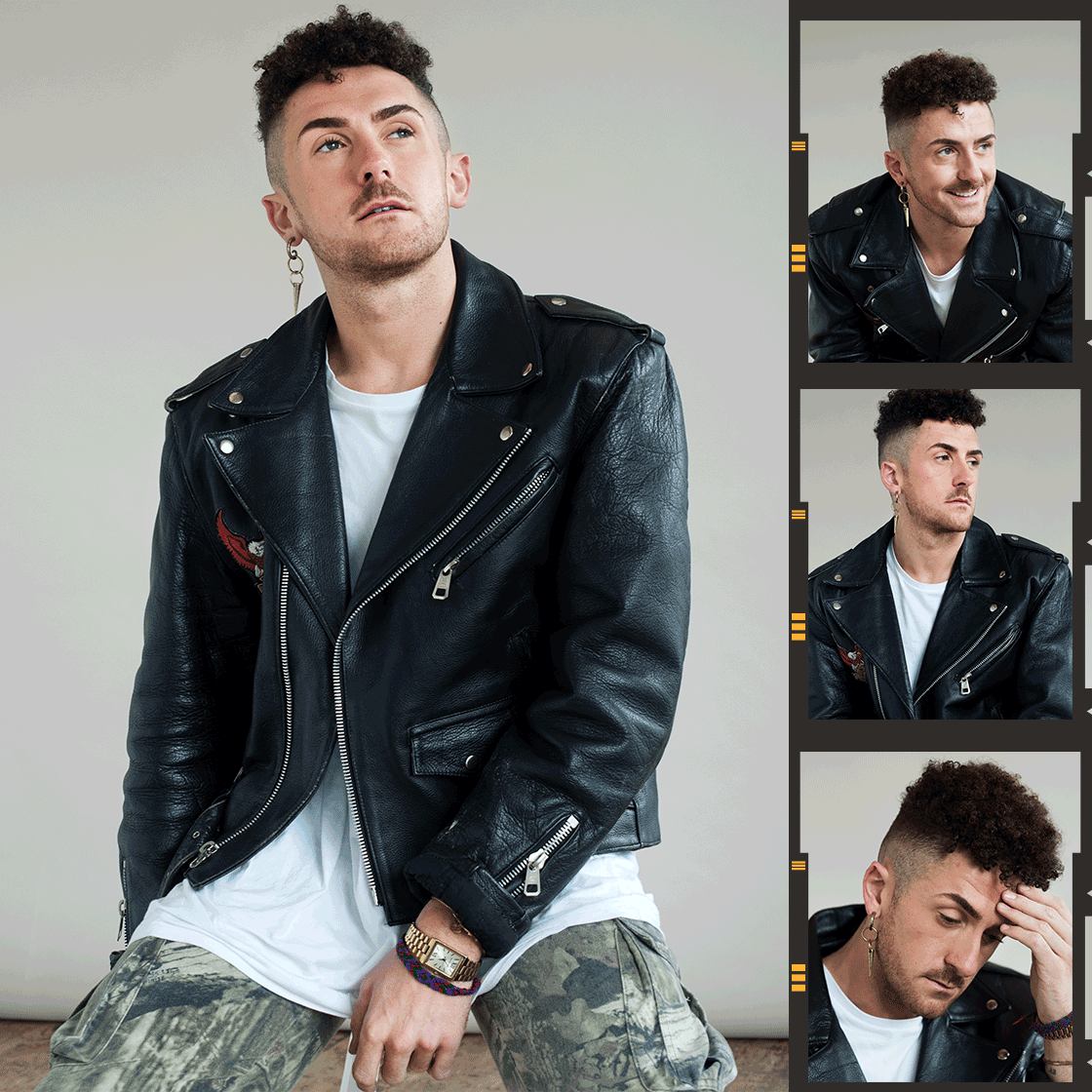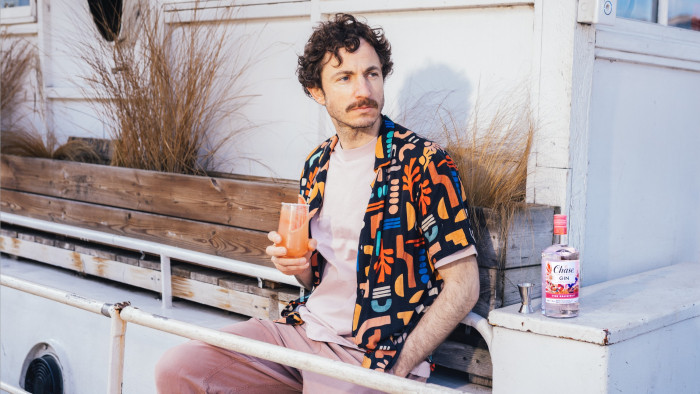My mental health difficulties began when I was 16. I’d lost my mum a couple of years before, I was coming out as gay and I was starting a BTEC in performing arts.
At that time, I was absorbing lots of messages about what my body should look like. Many aspects of my life weren’t stable, but I felt I could control the way I looked and what I ate, which resulted in me developing an eating disorder.
It was my sister who encouraged me to talk about my bulimia. She could see how drastically my weight was going down.
She’d heard me being sick one morning, and she wouldn’t let me leave the house until I opened up about what was going on.

At first, I wanted to deny it.
But I realised she was scared for me, and that scared me a bit, too.
I didn’t connect what was happening to me with bulimia because ‘being bulimic’ in my head was something that was attributed to women – it was something that guys didn’t really get.
I didn’t deal with my mental health issues for a long time. It’s only in the last four or five years that I’ve felt on top of them. Unfortunately, there’s no rule book we’re taught for getting help.

It’s anxiety that I now deal with most.
I still have those days where there’s a demon in the back of my head saying, “You don’t look good today”, but I speak to people at work.
There’s been many days when I go into work with the worst anxiety or feeling really bad about myself, and I think, ‘If you were ill with a stomach bug or something you’d call in sick. You’d go to the doctor if you were physically unwell. Your mind is just as important.’
Even though we talk more about mental health in the arts, I’d love to think that if I was in charge, I would make it less of a taboo, and then I think the product would be better because people could be true to themselves.
We need to see images of men that have all different shapes and types of body, too – not just ripped muscles.

I don’t feel embarrassed about my past eating disorder, but I do sometimes feel embarrassed about my anxiety because at times I feel like it’s something I can’t control.
But I’d rather be honest with myself and happy than put on a bravado or performance. I wouldn’t want to be perfect – I think that would be boring.
#GetTheInsideOut
Lloyds Bank is working with Mental Health UK to help end the silence and stigma surrounding mental health, encouraging us all to #GetTheInsideOut.
To find out more, visit lloydsbank.com/gettheinsideout
Latest


Ten things you need to know about Hyrox


Is clubbing actually good for you? We asked an expert


Horticulturist shares tips on how to urban garden
Related Reviews and Shortlists


Best gifts for runners that they'll actually want and use






